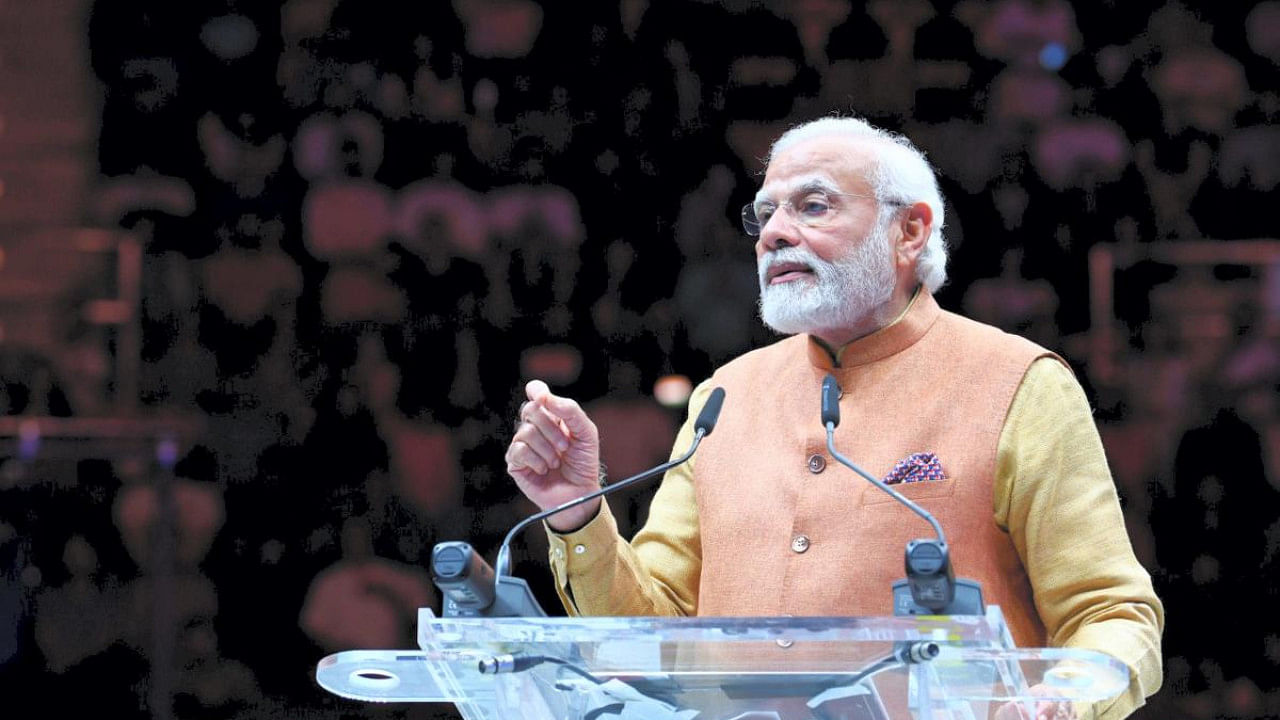
Prime Minister Narendra Modi on Monday called upon the G7 nations to invest in clean energy technologies in India and support the country’s pursuit for a greener economy.
He argued that India’s vast market could help make every new clean technology affordable for the whole world. He also said that India had found many creative ways to use digital technologies in the health sector during the Covid-19 pandemic and the G7 nations could help it take the innovations to other developing countries.
Modi joined the leaders of the other nations as a special invitee to the G7 summit being held at Schloss Elmau in Germany. He was speaking at a session on “Investing in a Better Future: Climate, Energy and Health”, which was attended by the leaders of not only the G7 nations and the European Union, but also Indonesia, Senegal, Argentina and South Africa.
“We hope that the rich countries of G7 will support India's efforts,” the Prime Minister said, highlighting the nation’s success in achieving the target of 40 per cent energy-capacity from non-fossil sources nine years ahead of the deadline it set for itself. The target of 10 per cent ethanol-blending in petrol had also been achieved five months before time. “When a large country like India shows such ambition, other developing countries also get inspiration.”
“Today, a huge market for clean energy technologies is emerging in India. (The) G7 countries can invest in research, innovation, and manufacturing in this field,” he said, adding: “The scale that India can provide for every new technology can make that technology affordable for the whole world. The core theories of the circular economy have been an integral part of Indian culture and lifestyle.”
The Prime Minister had in November 2021 promised at the COP 26 meeting of the United Nations Framework Convention on Climate Change in Glasgow in the United Kingdom that India would install 500 GW of non-fossil energy capacity by 2030.
He told the G7 leaders on Monday that with costs of fuel sky-rocketing due to geopolitical tension, it was important to remember that a poor family had the same right to energy access as a rich one had. “By taking inspiration from this principle, we delivered LED bulbs and clean cooking gas door-to-door in India and showed that millions of tons of carbon emissions can be saved while ensuring energy for the poor,” the PM said.
“Our dedication to our climate commitments is evident from our performance,” Modi said, adding that India had the world's first fully solar power operated airport. He was referring to the international airport at Cochin in Kerala. India's huge railway system would become net zero in this decade, he added.
